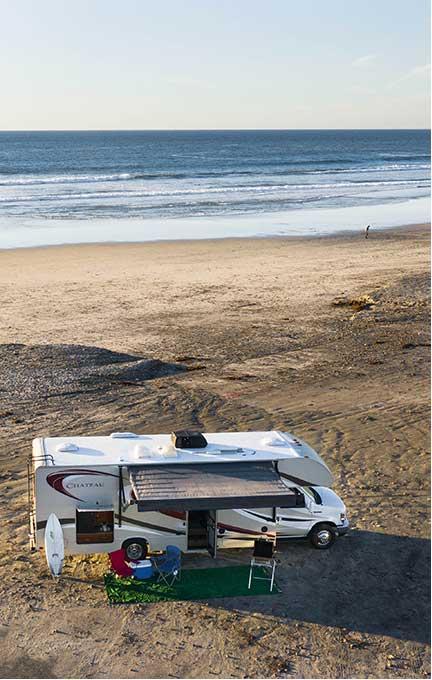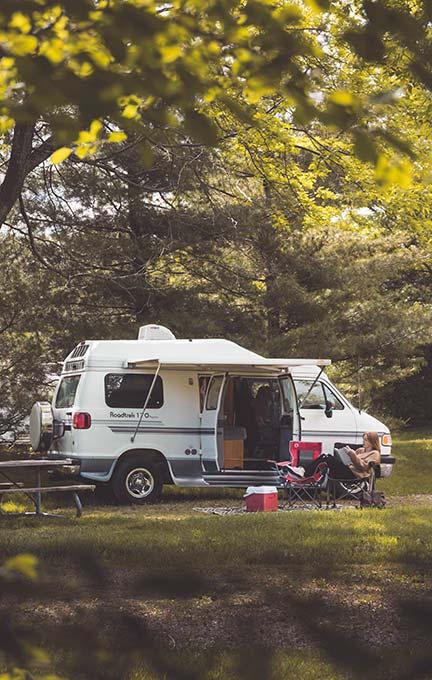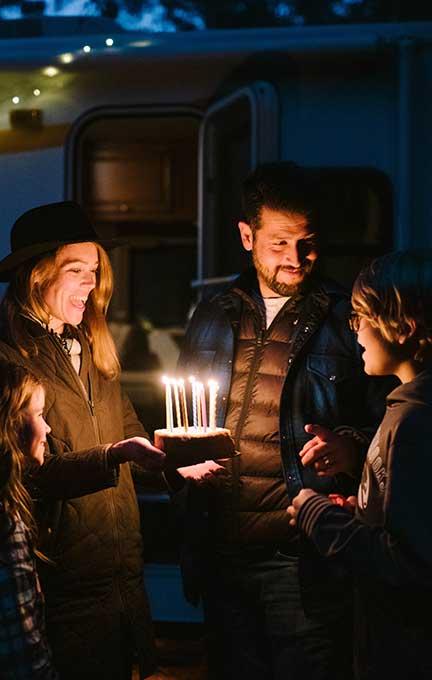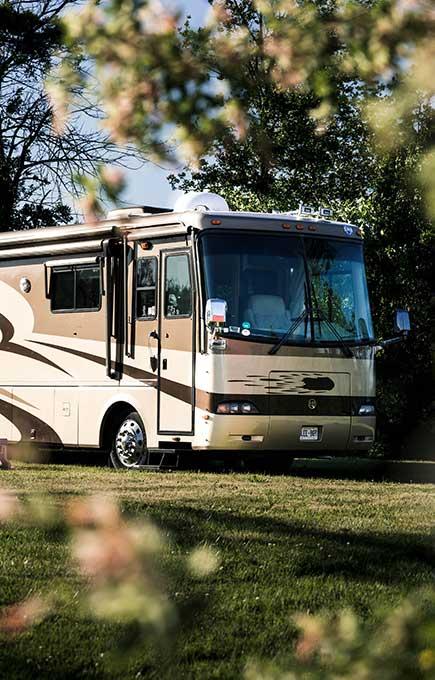
There are a lot of advantages to a nomadic lifestyle, as modern nomads are beginning to discover. Throughout history, nomadic societies have served as the cultural glue that held often fragile relationships between states and nations together. Most nomadic cultures, such as the ancient Baluchs, developed moral codes that focused on honor, hospitality, and asylum. Those codes governed their own societies as well as their relationships with the strangers they so frequently encountered on their travels. Even today, the Baluch retain aspects of their nomadic culture, living in tents constructed of palm matting for most of the year, although they live in permanent settlements during summer months.

There are still an estimated 7.5 million Baluchs living throughout Southern Asia and the Middle East. Their semi-nomadic lifestyle is gaining popularity around the world. In the U.S. alone, there are over 13,000 privately owned RV parks in addition to the 1,600 state parks that offer RV amenities. (A growing number of them now even offer wi-fi.) While modern nomadic communities whose members enjoy RV travel enjoy more comforts due to modern technology than ancient nomadic societies did, there are many similarities between them.
Like the Baluch’s moral code, every RV park and campground has a code of conduct based on respect and consideration for neighbors and strangers alike. Those codes are designed to reduce the likelihood of social conflict between people of differing regions and cultures. By adhering to that code, travelers are able to learn and benefit from exposure to different linguistic dialects, forms of dress, traditions, and customs of people from other regions and countries.
Other characteristics shared by both ancient and modern nomads include a high level of cultural curiosity, tolerance, and a welcoming social attitude. Travel involves meeting people of different worldviews, religious beliefs, and political affiliations. One of the things most travelers have in common is the desire to enrich their lives and expand their horizons by meeting new people and experiencing new places. Many a pre-conceived notion or long-held prejudice has been painlessly erased by a single pleasant experience.

While the majority of the members of modern nomads have homes and travel only for part of the year, that could be changing. The perfect storm of rising real estate and rent prices, internet employment, and disillusionment with consumerism has resulted in more young people choosing a nomadic lifestyle to avoid being trapped by debt. Experienced nomads will likely meet some of them on future travels.
Some great follow-up reading:
https://www.culturalsurvival.org/ourpublications/csq/article/nomads-a-wider-society
http://becomenomad.com/advantages-of-a-nomad-lifestyle/
http://4-wheel-nomads.de/








